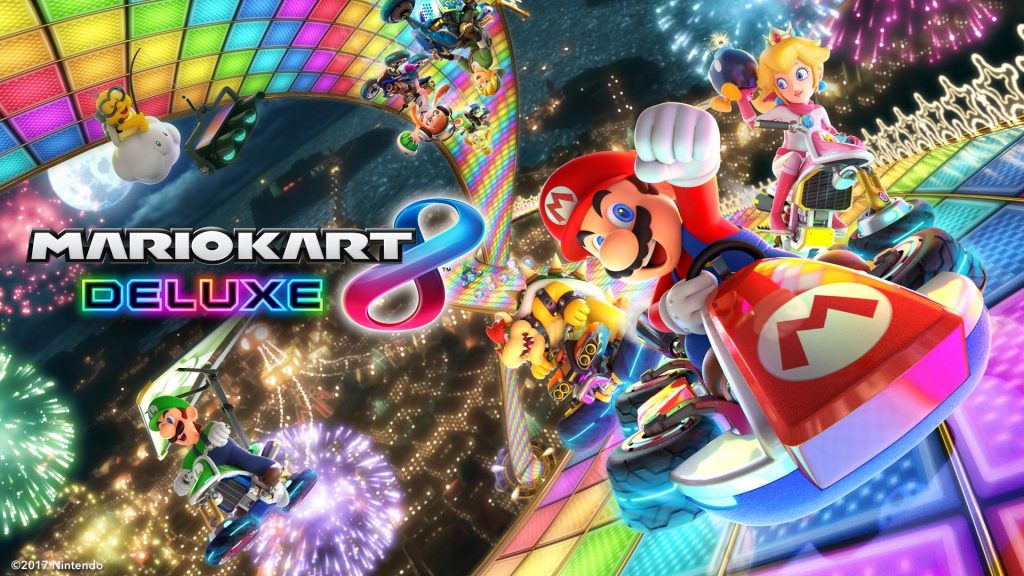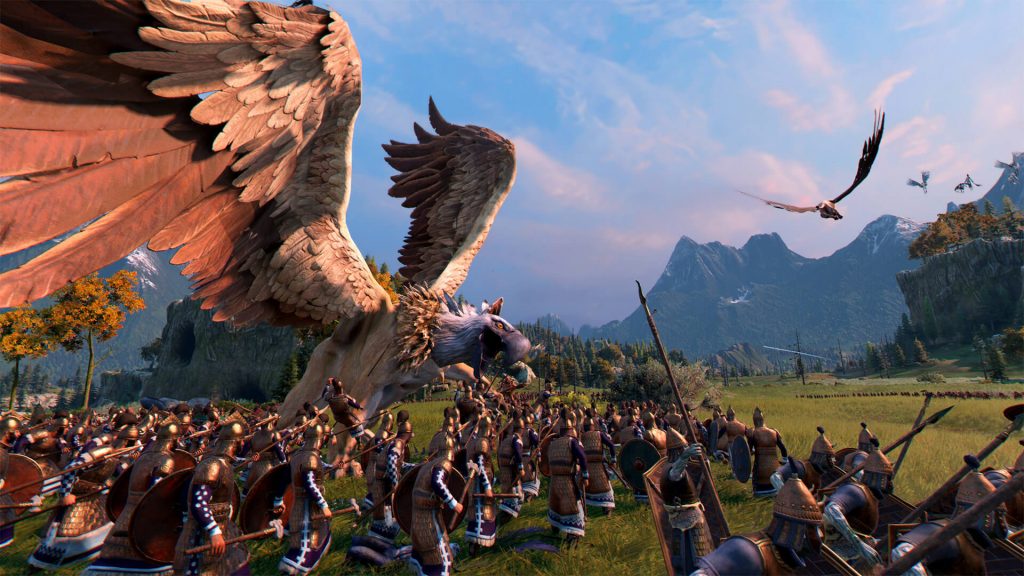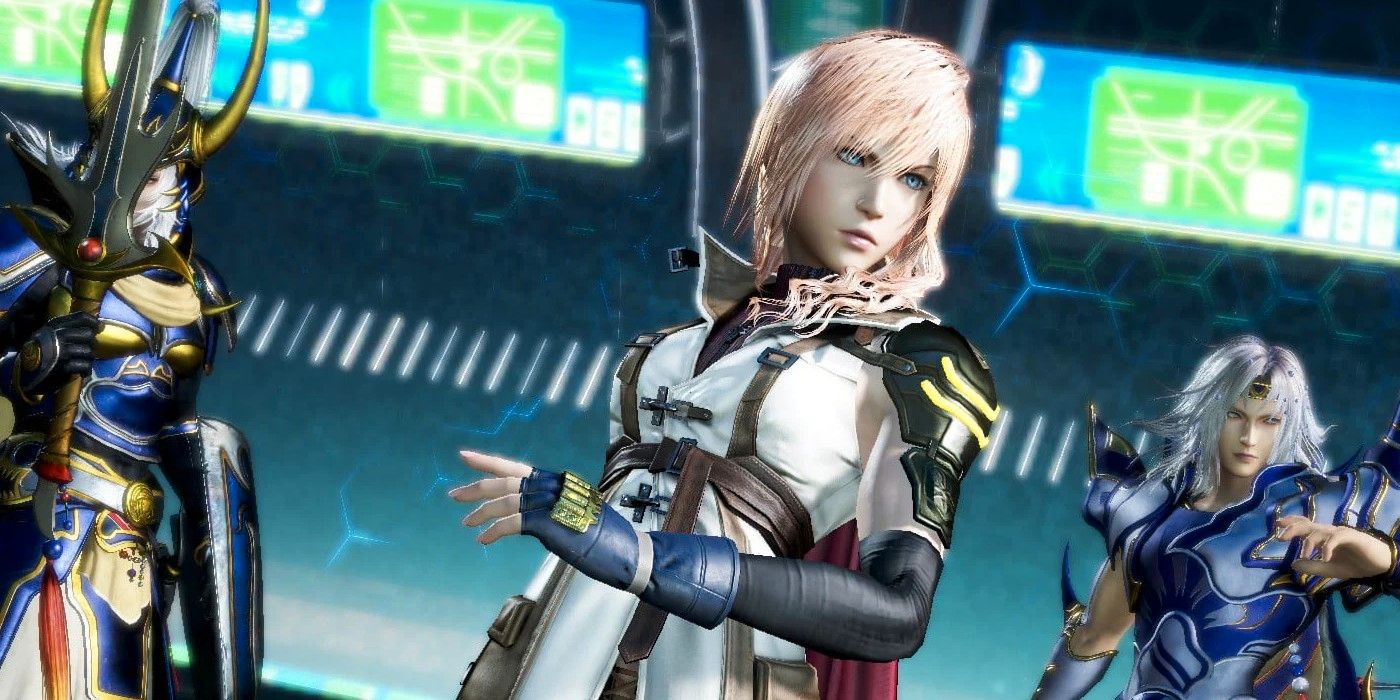

Final Fantasy is, fundamentally, a great video game franchise. Ever since the original Final Fantasy released for the Famicom on December 18, 1987, the series has released hit after hit. Not all of the games are made equal, but even the lesser entries have fans. The series has sold over 160 million units as of June 2021, over 24 million of those coming from the various releases and remake of the wildly popular Final Fantasy 7. Whether dealing with turn-based gameplay, action combat, a hybrid of the two, or two different flavors of MMORPG, Final Fantasy is always doing its best to please players and draw in newcomers as well.
However, with so many different takes on the Final Fantasy formula, as well as some serious deviations from that formula, debates as to which game is best have become commonplace. Many fans are adamant that their favorite is the best, and it is rather difficult to sort each and every game by quality. However, with almost thirty-five years of playing and watching these games under the fandom’s belt, some general agreements have been reached.
RELATED: Final Fantasy 7 Should Not Be the Only FF Represented in Super Smash Bros.

To no one’s surprise, the best games in the series are the mainline entries that have been generating nonstop discussion in recent memory. Final Fantasy 7 is an evergreen title, with a classic narrative full of characters who defined what the JRPG genre would be for the next few years. It was the game to beat, and now that Final Fantasy 7 Remake and various other new Compilation games are coming out, it’s back in the public eye. The only FF title to rival it for many years was its immediate predecessor, Final Fantasy 6, which many would say rivals it in terms of storytelling and customization. Whatever one’s opinion, these two games embody the spirit of classic Final Fantasy.
Meanwhile, Final Fantasy 14 embodies the spirit of modern Final Fantasy. While the game initially launched to derision, A Realm Reborn revitalized the game and Heavensward made it more than worth the price of admission. Now that the game up to the end of Heavensward is free-to-play and the next two expansions, Stormblood and Shadowbringers, are two of the most acclaimed Final Fantasy titles ever, it’s safe to say Final Fantasy 14 is a powerhouse. When one is talking about Shadowbringers’ writing elevating it to where it stands now, it’s hard to ignore the medieval drama present in the first Ivalice game, Final Fantasy Tactics. There’s a good reason why its fans are anticipating Project Triangle Strategy, which looks to be cut from the same cloth.
RELATED: Final Fantasy 8: The Lore Behind Ultimecia Explained

The step down from the best games is where things start to get contentious. A lot of Final Fantasy games could be argued to be in this category, but the top of it has to go to the other FF brought up by a small crowd in every “best Final Fantasy” debate: Final Fantasy 9. FF9 is a game driven by emotion, charm, and old-fashioned Final Fantasy fanservice, which has endeared it to many. For a real dose of that classic formula, one needs to look no further than Final Fantasy 5. Considered by some to be the peak of NES/SNES Final Fantasy’s gameplay due to its robust job system, FF5 takes players on a lighthearted journey across worlds somewhat similar to 9. With the Four Job Fiesta still going strong, Final Fantasy 5 is primed for a revival with its upcoming Pixel Remaster release.
Final Fantasy 10 gets a fair bit of debate as to its story quality, but generally speaking it is a compelling tale of a tightly-knit group of friends travelling across the world to save it. Its running plotlines are well executed, and the plentiful combat along the way is considered to be a solid evolution to traditional Final Fantasy turn-based combat. Set apart from the FF10 and the other games of its caliber is Dissidia 012 Final Fantasy, an arena fighting game featuring heroes and villains from throughout the series. While the story suffers somewhat due to largely being a recreation of the other games’ plot beats, Dissidia excels in its high-flying gameplay and content offerings.
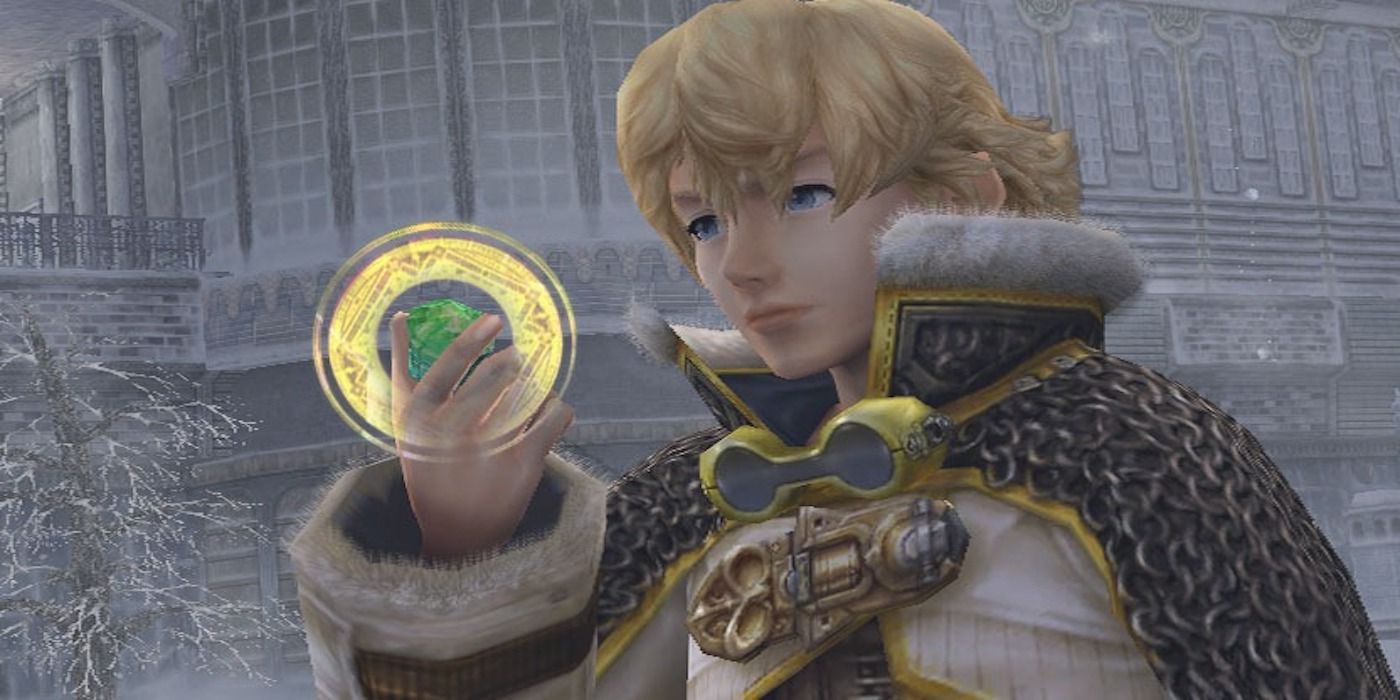
Many of the mainline entries past the usual suspects have their fans, but few would argue that they’re the best the series have to offer. Final Fantasy 8 was controversial in its time, but has become a fairly well-regarded entry that fans love to mess around with. Final Fantasy 4 is a very influential entry in the series and still holds up, but 5 and 6 do everything better. Final Fantasy 12 is an oddity because of its gameplay and Star Wars-like story, but it’s still fondly remembered for its interesting world and plentiful quests.
Final Fantasy Crystal Chronicles: The Crystal Bearers suffered from a lack of sales on the Wii, enough to put its sub-series on ice for years. However, it’s a creative linear action game that makes good use of the Wii’s motion controls and offers tons of activities alongside its main story. World of Final Fantasy is the most recent big-name console Final Fantasy spin-off, and while it’s not particularly amazing, it is a solid, fanservice filled monster-collecting game.

The oldest FF games, Final Fantasy 1 and Final Fantasy 3, were fair for their time, but are very basic by even the standards of an SNES RPG. Final Fantasy 11 and Final Fantasy Explorers are similarly competent, but don’t really stand out as MMOs or hunting games, respectively. FF11 does still have its fans inside and out of Square Enix, however, so it has persisted long past its expiry date.
Final Fantasy Fables: Chocobo’s Dungeon might be more of a stand-out mystery dungeon game, but that genre is already held in contention. No matter how much fanservice is packed into it, it just isn’t for everybody. Final Fantasy 13-2, another monster-collecting game, is similar; it has the gameplay chops, but not everyone will enjoy its story or world.
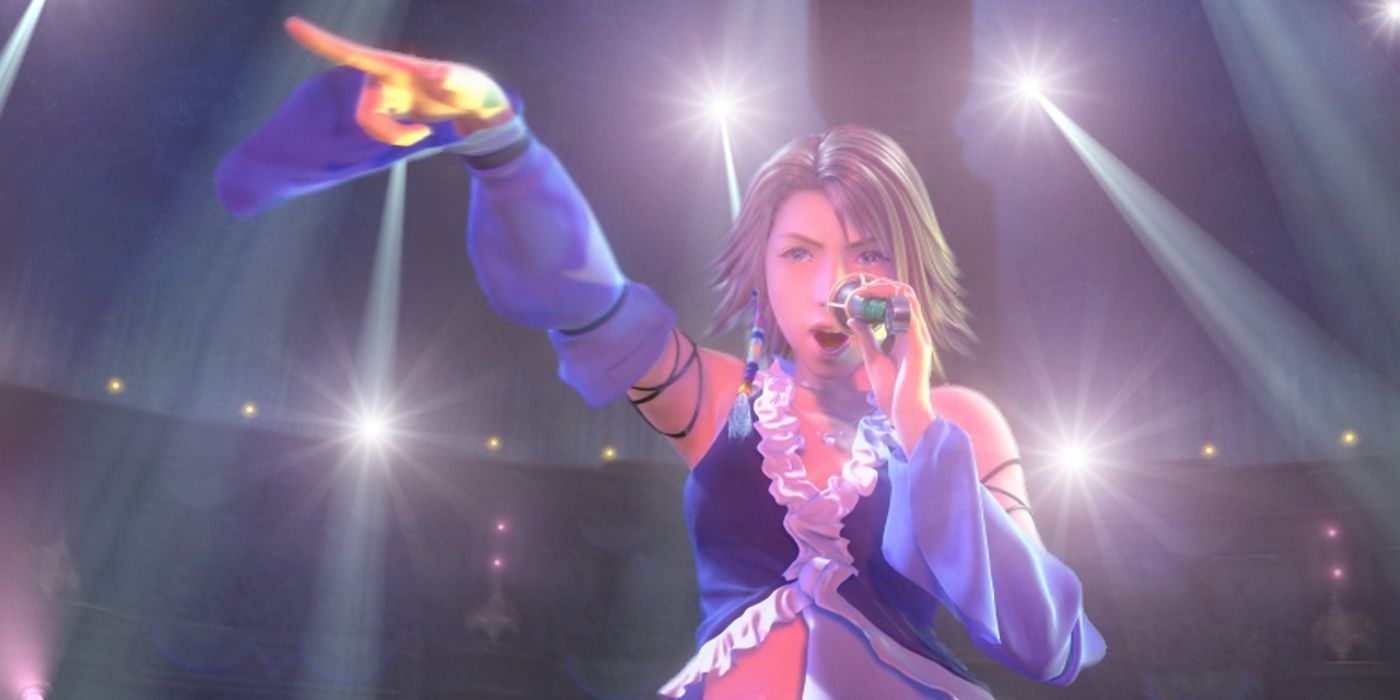
At the bottom of the tier list is where the problem children lie. It’s definitely to Final Fantasy’s credit that all of these games still meet a certain quality standard and avoid being truly bad, but they are seriously flawed regardless. Final Fantasy 2 is often pointed to as the time FF‘s experimental nature went horribly wrong. Final Fantasy 13 and Final Fantasy 15 are both maligned for their rough stories and gameplay, and while 13 struggles to expand its world beyond a hallway, 15 has trouble filling its open world with compelling content. Their main parties tend to be considered the saving grace.
Final Fantasy 10-2 and Lightning Returns: Final Fantasy 13 have a different problem. They aren’t lacking in content, and their gameplay is arguably good enough to raise them up to B tier. They are the spiritual sequels to Final Fantasy 5 and Valkyrie Profile in that regard, and their fans love them for that precise reason. But the reason they ended up at the bottom of many fans’ lists is because their stories and general tone are disliked. Final Fantasy 10-2 suffers from bizarre writing for an unclear audience and an abundance of uncomfortable titillation, and Lightning Returns seemingly fails to understand why anyone originally liked 13′s characters and world. Throw on a time limit, and it’s no wonder why many fans stay away from these Final Fantasy games.
MORE: How Final Fantasy 16’s Medieval Fantasy Setting Will Help It Stand Out

